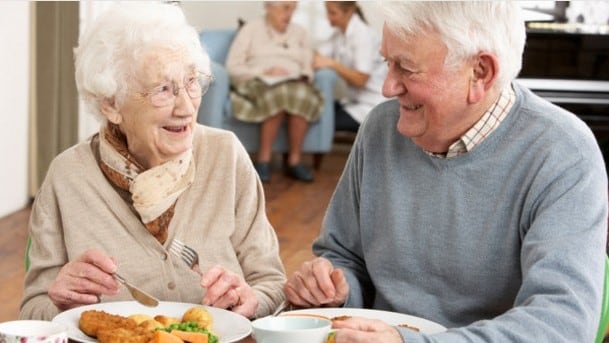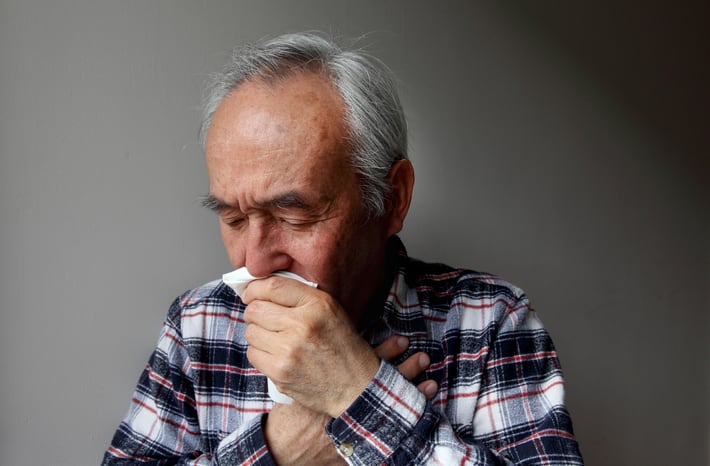The Catalyst Reducing ImmuNe Ageing (CARINA) Network comprises more than 70 clinicians and researchers with compatible expertise in fields such as immunology, nutrition, and medicine.
CARINA is one of 11 networks funded by the Medical Research Council (MRC) and Biotechnology and Biological Sciences Research Council (BBSRC) that aspire to transform ageing research in the UK.
The team of experts will identify priority areas for immunity and age research to ‘advance the integrated understanding of the factors influencing the trajectory to an aged, compromised immune system’ and inspire new approaches to support ageing populations.
"The CARINA Network will facilitate large-scale collaboration between researchers from multiple disciplines who, for the first time, will work together to identify and better understand patterns and commonalities in the immunology of ageing,” explains Professor Arne Akbar, Chair of CARINA Management Board.
Ageing and immunity
As the ageing population grows, better understanding of immune mechanisms as we get older could help identify new methods to enhance quality of life and even improve life expectancy, say scientists.
Network member and chair of intestinal microbiome at the Technical University Munich, Professor Lindsay Hall, comments: “It will be important to work with colleagues from a range of sectors to understand how further work in this area could be used to provide useful biomarkers of immune health.”
Our immune system changes as we get older and responses to disease are unpredictable. Studies suggest that immunity declines with age, making it harder to fight off infections.
The COVID-19 pandemic has demonstrated the vulnerability of older people when confronted with a new pathogen, which can translate into severe outcomes for some, and highlights the utility of age-related research.
Professor Hall adds: “We hope this new network will drive new interactions and new ways of thinking particularly around development of microbial and diet-based therapies that could also be used to boost beneficial immune responses, like after vaccination.”
Peer support
CARINA is supported by partners in industry and charities, as well as by public and patient groups.
The British Society for Immunology (BSI) provides project management services for planning and delivery of important milestones, in addition to events support, communications expertise, and mediation of patient and public involvement (PPI).
Meanwhile, a Management Group, led by Chair Professor Akbar, formulates research strategies to ensure the Network facilitates a novel approach to ageing research. Professor Akbar is also Professor of Immunology at University College London, and President of the BSI.
Other members of the Management Group include: Professor Deborah Dunn-Walters (Professor of Immunology, University of Surrey); Professor Janet Lord (Professor of Immune Cell Biology, University of Birmingham); Dr Ed Chambers (Lecturer in Nutrition and Dietetics, Imperial College London), and Professor Neil Mabbott (Professor of Immunopathology, University of Edinburgh).
An independent Scientific Advisory Board of representatives from academia, clinicians, and public and patient groups has also been established to guide Network activity and make sure the research is sufficiently inclusive and interdisciplinary.


